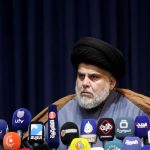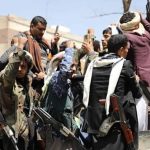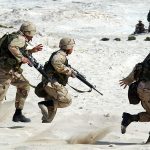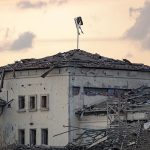If US delists Iran’s IRGC, what would it mean for the global peace and security?
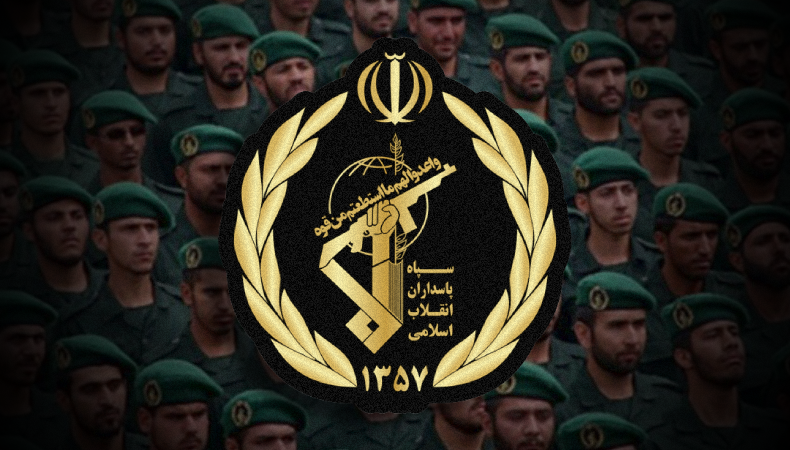

Tehran has insisted that in order to revive the 2015 nuclear deal, Washington must remove Iran’s Islamic Revolutionary Guard Corps (IRGC) from its list Foreign Terrorist Organizations. US negotiating team that is led by Rob Malley, Special Representative for Iran has stressed that it can gain assurances from Iran’s government that will be necessary to curb its bolstering nuclear programme. But this condition – based partnership around IRGC’s delisting might not be a smart deal, experts believe. Iran, a nuclear capable country, can very well empower IRGC if it is delisted by US, unleashing a potential threat on security and peace across Middle East region.
During entirety of negotiating rounds of nuclear deal, Iran has displayed an aggressive and overpowering stand – firm on deliverance of all its conditions in order to revive the deal. Tehran has constantly pressured Biden’s negotiating team to not only overhaul almost all the economic sanctions in relation to the nuclear program, but also terrorist activities linked to IRGC specifically. The most vital condition put forward by Iran for revival of deal is for US to remove IRGC’s designation of terrorist organization. Though US has still not opened its cards, experts say Biden administration might agree to Iran’s demands.
Related Posts
If US does comply with Tehran’s demands, it will most definitely not be fruitful. It will neither stop Iran from developing nuclear weapons eventually, nor will it stop IRGC from carrying out terrorist attacks against US and its allies. Michael Doran, senior fellow at the Hudson Institute, said, “Biden officials and, before them, (former US President Barack) Obama officials promised us repeatedly that the nuclear deal would not prevent the United States from working to contain the IRGC on the ground in the Middle East.”
“Clearly, the nuclear deal is about much more than nuclear weapons. It will remove all meaningful restrictions on Iran’s nuclear-weapons program, thus paving the way to Iran’s early acquisition of a nuclear bomb.” IRGC has been Iran’s Supreme Leader Ayatollah Ali Khamenei’s favored tool to launch attacks using cadres and their proxies who are trained by Iranian operatives. Delisting IRGC will only empower the organization and expand its terrorist activities.
“The move allows people and companies connected to the IRGC to engage in business deals with foreign entities with less scrutiny and move money across the globe more easily,” said Saeed Ghasseminejad, a senior adviser on Iran at the Foundation for Defense of Democracies. “Removing the IRGC from the terror list and lifting sanctions on companies connected to it boosts its financial resources, expands its operational capacity, and increases its political power and regional influence,” he said.




